April 14, 2025 | 03:19 GMT +7
April 14, 2025 | 03:19 GMT +7
Hotline: 0913.378.918
April 14, 2025 | 03:19 GMT +7
Hotline: 0913.378.918
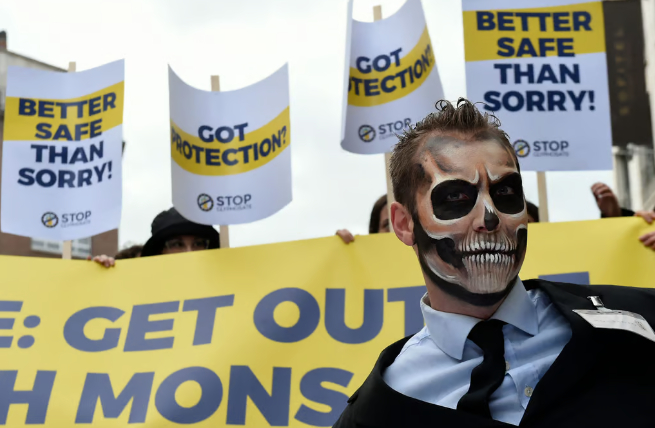
People protest against the EU's approval of glyphosate despite it's toxicity | Photo: John Thys/Getty Images
Environmental groups, EU lawmakers and citizen activists are launching separate legal challenges against the European Commission's controversial decision last year to renew its authorization for the weedkiller glyphosate for another decade.
The actions, which include requests for an internal review by the Commission and potential appeals to the Court of Justice of the EU, seek to overturn the reauthorization and raise concerns about the herbicide's potential health and environmental risks.
At the heart of the legal challenges are allegations that the EU’s safety assessment of glyphosate was flawed and relied heavily on industry-funded studies, while neglecting independent research. Critics point to a lack of data on the long-term effects of glyphosate on human health, particularly its potential impact on the brain and nervous system, as well as the environment.
The environmental group Pesticide Action Network Europe (PAN Europe), leading a coalition of five other NGOs, filed a request for an internal review, arguing that the Commission's safety assessment was "not objective, transparent or scientifically sound."
"Farmers are the first victims of this," Angeliki Lyssimachou, head of science and policy at PAN Europe, said on Thursday. "The Commission reapproved glyphosate despite the available information on its toxicity and the numerous data gaps. This should have led to a ban. "
PAN Europe also criticized the Commission's reliance on studies conducted by glyphosate manufacturers, which they say raises concerns about potential conflicts of interest.
In a similar vein, the French NGO Secrets Toxiques and Green lawmakers in the European Parliament have launched a legal challenge alleging that the safety assessment failed to properly consider glyphosate's long-term effects on human health due to missing data. This echoed similar findings in a secret opinion drafted by the European Parliament's in-house legal team that POLITICO reported on this week.
The German environmental NGO Aurelia Foundation has also launched legal action, focusing specifically on the potential risks of glyphosate to biodiversity, including on bee populations and soil health. The foundation argues that the Commission's decision to reauthorize glyphosate without adequate safety testing contradicts the precautionary principle, which requires protective measures be taken in the face of scientific uncertainty.
In response to the mounting criticism, the European Chemicals Agency (ECHA) and the European Food Safety Authority (EFSA), the agencies responsible for the glyphosate safety assessment, have repeatedly defended their work, insisting that the assessment was rigorous and based on sound science.
"The risk assessment and peer review for glyphosate was the most comprehensive and transparent assessment of a pesticide that EFSA and the EU Member States have ever carried out, and EFSA stands firmly behind its conclusions," the EU food safety watchdog said in a statement.
However, both EFSA and ECHA have previously acknowledged some shortcomings in the assessment, such as incomplete data on glyphosate's effects on biodiversity and the lack of EU guidelines on how to consider evidence on the impact of pesticides on the microbiome.
A spokesperson for the Commission said the EU executive would respond to the NGOs' requests for an internal review "in line with its legal requirements, and thoroughly analyze the claims."
"The protection of human health and the environment are the very essence of the EU food safety rules. The Commission therefore always stands ready to review and, if necessary, further improve the EU's processes and rules in the area of food safety," the spokesperson added in a statement.
The application to extend the weedkiller's EU license came from the Glyphosate Renewal Group, which includes Bayer, Syngenta and Nufarm.
"The Glyphosate Renewal Group trusts in the EU regulatory process and the comprehensive safety assessments carried out," the group said in a statement.
The challenges could have significant implications for the future of the herbicide in the EU. If the Court of Justice overturns the reauthorization, it could pave the way for an outright ban or stricter curbs. The chemical is the most widely used pesticide in the world, accounting for a third, or around €1.5 billion, of all pesticides sold in the EU each year.
The Commission now has 16 weeks to respond to the requests for an internal review, which can be extended for an additional six weeks. The various challenging groups will then have two months and 10 days to challenge the response at the Court of Justice.
(Politico)
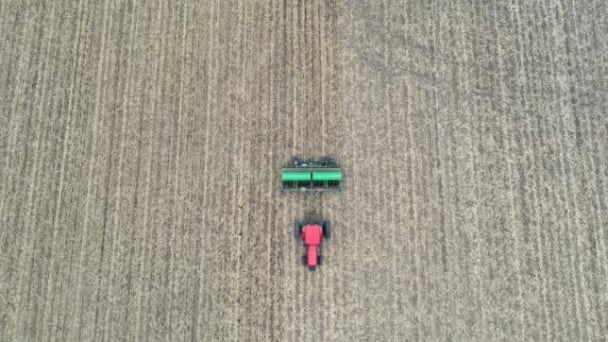
(VAN) Tariffs are making life more expensive for John Pihl. He's been farming in Northern Illinois for more than 50 years.

(VAN) European and American farmer organisations are concerned about the import tariffs that the United States introduced on 9 April for products from the European Union. This makes them 20% more expensive.

(VAN) Global poultry trade is expected to remain strong amid relatively tight global protein supply and growing consumption, RaboResearch concludes in its latest animal protein report.
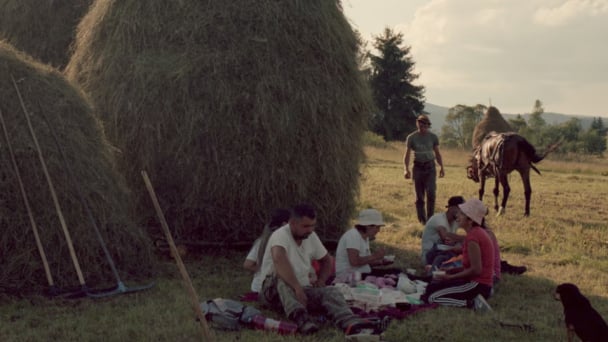
(VAN) Traditional methods benefit hundreds of species but as new agricultural techniques take over, the distinctive haystacks mark a vanishing way of life.

(VAN) The nation’s top banks are quietly advising their clients on how to build a financial life raft - or perhaps life yacht - from the wreckage of runaway climate change.
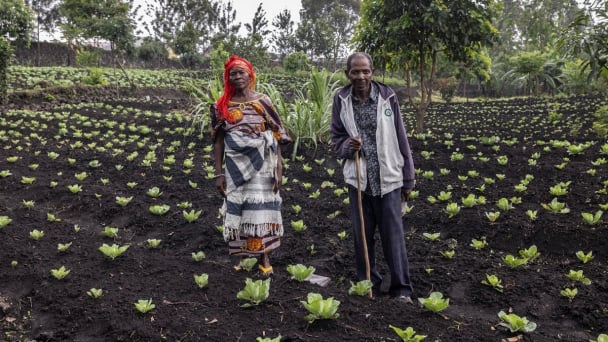
(VAN) From FAO Office in the Democratic Republic of the Congo.
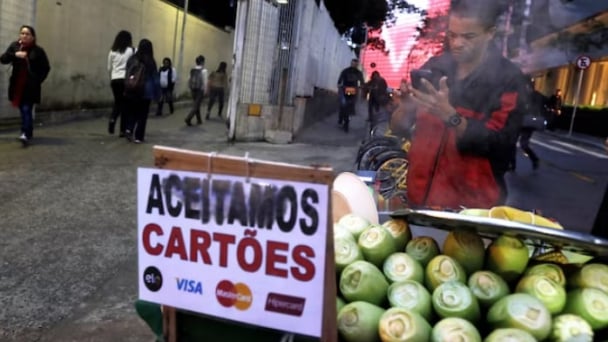
(VAN) Corn prices in the Campinas region have surged past 90 reais ($15.80) per 60-kg bag, the highest nominal level in nearly three years, marking a more than 23% jump year-to-date, according to the widely followed Cepea index from the University of Sao Paulo.